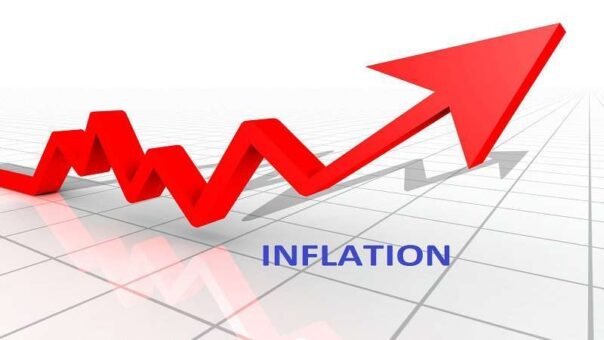Islamabad, July 25, 2025 – Pakistan’s weekly inflation, measured through the Sensitive Price Indicator (SPI), recorded a sharp increase of 4.07% for the week ending July 24, 2025, compared to the previous week, according to the Pakistan Bureau of Statistics (PBS).
The SPI is a tool used to monitor the movement in prices of essential commodities on a short-term basis. It tracks 51 essential items across 50 markets in 17 cities nationwide. The recent spike reflects rising costs of energy, food, and other household necessities.
For the week under review, the most significant contributors to the weekly SPI inflation were increases in gas charges for Q1 (29.85%), tomatoes (22.93%), electricity charges for Q1 (21.46%), and eggs (3.96%). Other items such as garlic, beef, powdered milk, curd, and fresh milk also saw slight price hikes.
Conversely, some relief was observed in the prices of chicken (down 7.95%), sugar (down 4.25%), onions (down 3.05%), bananas (down 2.81%), and LPG (down 2.09%). Out of the 51 items tracked, prices of 14 items (27.45%) increased, 12 items (23.53%) decreased, while 25 items (49.02%) remained unchanged.
On a year-on-year basis, inflation through the SPI rose by 2.22%. Notable yearly increases were seen in the prices of ladies’ sandals (55.62%), sugar (21.89%), pulse moong (16.42%), beef (14.08%), and vegetable ghee. However, year-over-year deflation was reported in onions (49.13%), tomatoes (30.20%), electricity charges (24.23%), garlic (23.64%), and wheat flour (23.21%).
The surge in SPI inflation highlights continued volatility in food and energy prices, posing challenges for low- and middle-income households. Analysts warn that if the current trend continues, it may put pressure on broader inflation metrics and complicate monetary policy decisions in the coming months.
